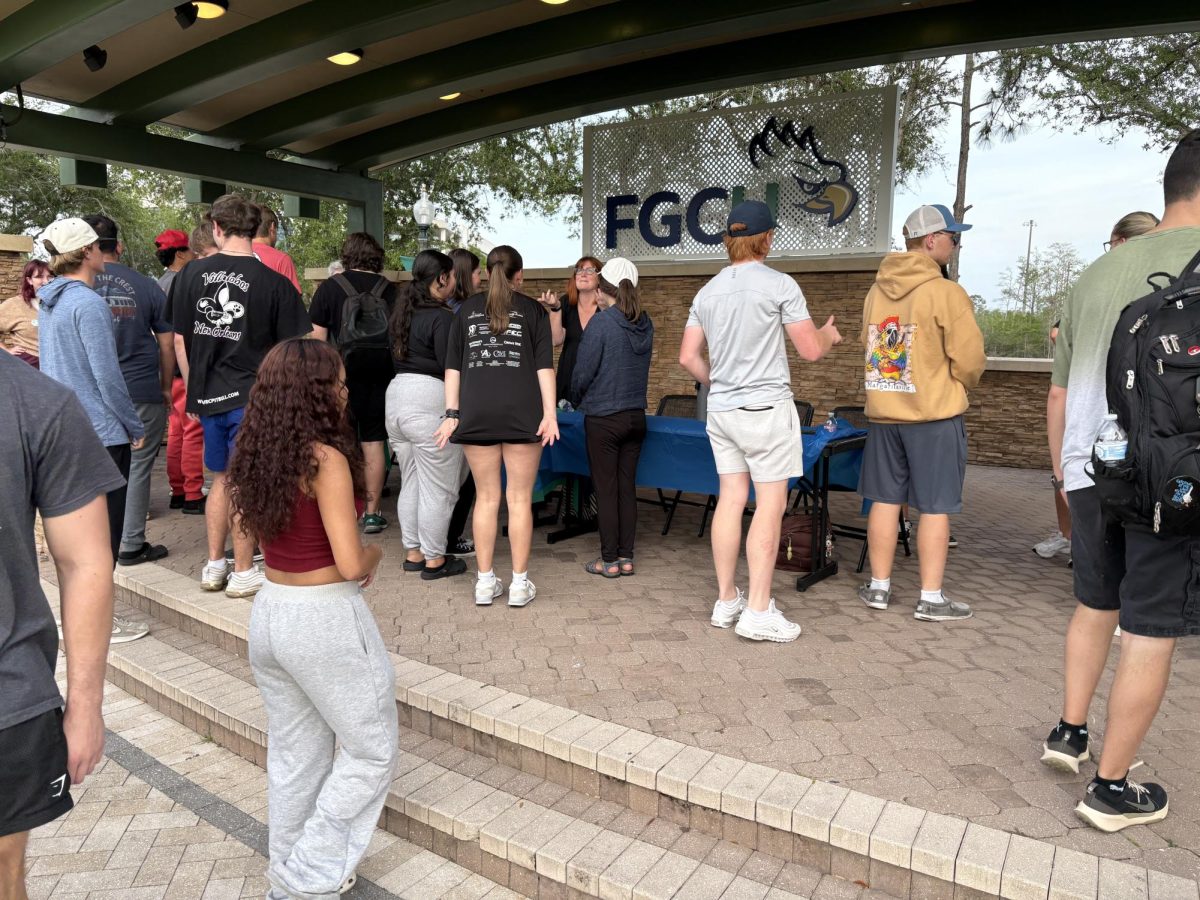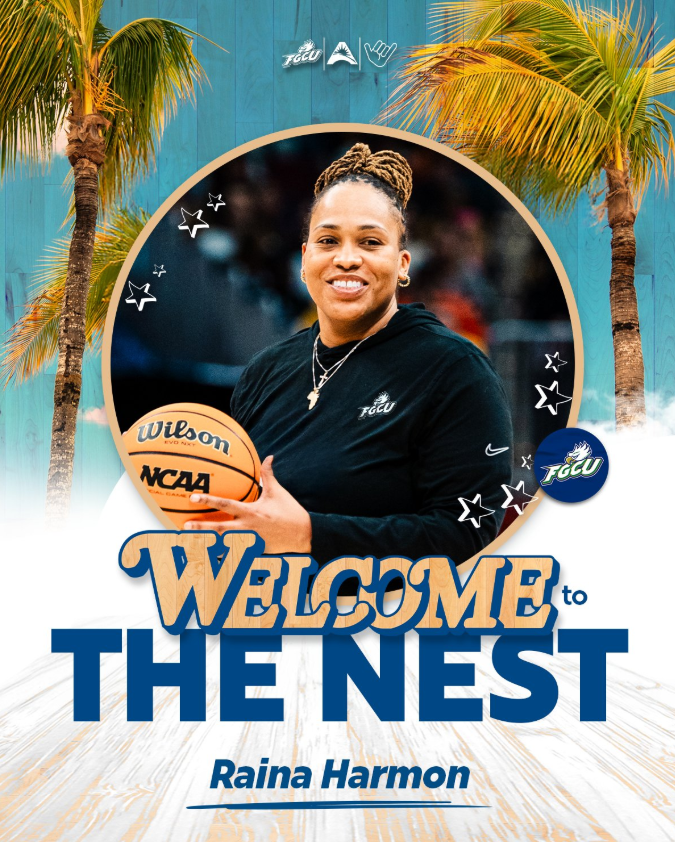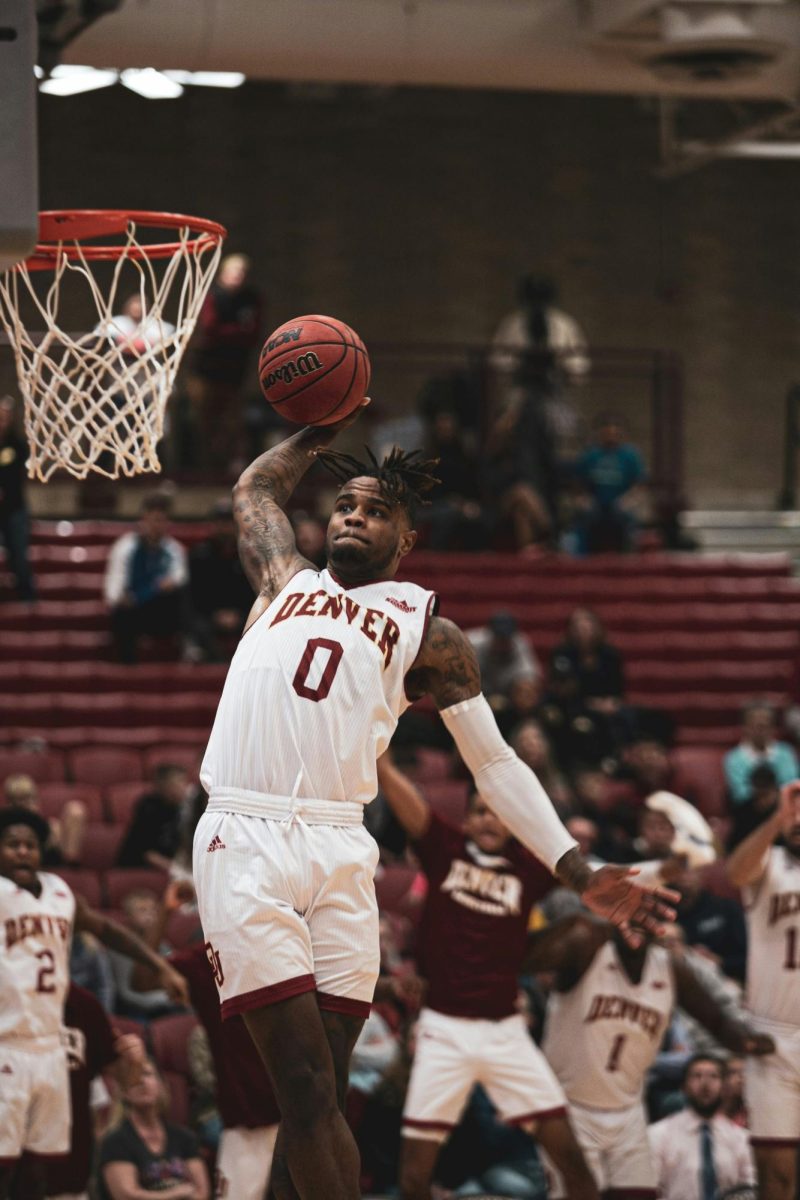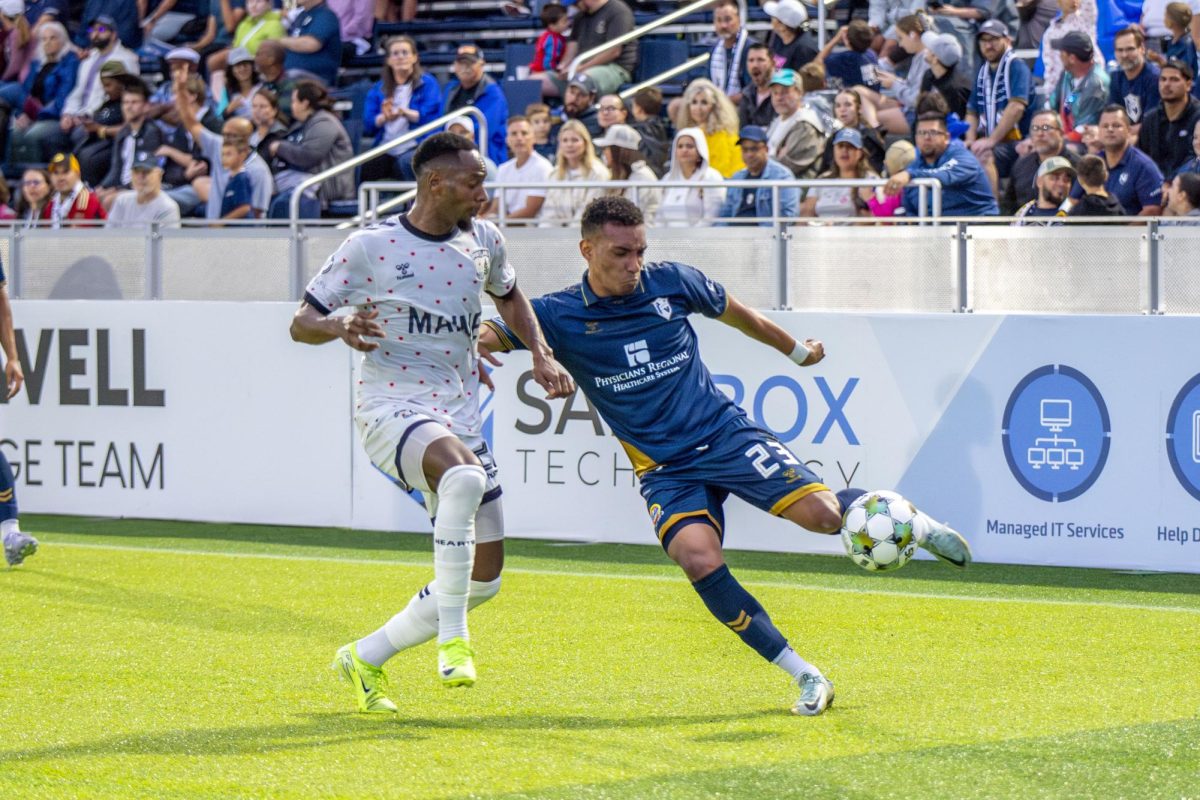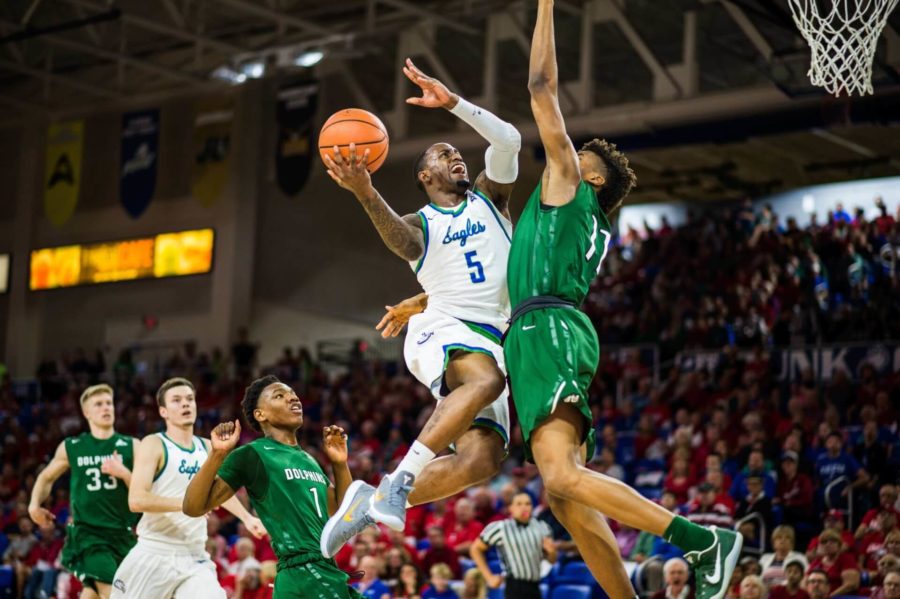By Samantha Roesler
Opinion Editor
With the recent closures of university campuses around the country through the end of the semester — and potentially into summer — students now have no choice but to adjust to an online-only learning environment.
For some students, the sudden change has been a somewhat-smooth process.
“Adjusting wasn’t as hard as I anticipated,” FGCU management major Jackeline Juarez said. “I believe that the reason it was a bit difficult to transition is because my classes require you to be in class either for demonstrations or presentations.”
However, many students are finding themselves struggling— especially those who are taking classes with a lab component.
Bryana McCarty is a biology major at FGCU. She said she is worried that having only online classes might be a threat to their success in the future.
“Once you go in your field you won’t have that semester of practice,” McCarthy said. “In the labs, we learn all kinds of practical skills and techniques that are really important and now we can’t practice them.”
For art majors, this change has proven to be drastic. An FGCU music major who wished to remain anonymous shared her perspective on the situation.
“Music majors are being set up for failure,” she said. “We are doing our best to make the situation positive, but we are struggling. This university did not consider the arts in this decision. Multiple people who have spent three or four years preparing to perform a milestone recital are now unable to do so. Musicians are not doing well, and the university is not providing proper resources and funding for us to continue.”
Students are not the only ones feeling the effects of this unanticipated change. Professors now have to change lesson plans, engage with new technology for online conferences, all while ensuring students feel they are getting the most out of the classes they are paying for.
FGCU journalism professor Michael Walcher has been utilizing the Canvas Conference option to conduct live meetings during class time each week. So far, it has proven to be successful.
“I have found the Canvas Conference setup to work well,” Walcher said. “I had some audio glitches from one classroom the first day, but since then have used classrooms with excellent connections for webcam and audio.”
Canvas Conference allows students to interact with the professor in real-time through a microphone, or they can just type into the chat box to communicate. Professors can also share their computer screen with students to conduct lectures.
“I also had a guest speaker who talked with students online on Friday,” Walcher said. “That worked well, as students could ask questions or type out questions on the chat functions. Many of the students did participate, just as they would in class.”
Despite having the technology to conduct online lessons, there are still difficulties that professors and students have faced due to the new learning environment. Since students are highly discouraged from being out in public, journalism majors are having to find different ways to conduct their interviews.
“The assignments have changed because journalism students are prohibited from conducting in-person interviews,” Walcher said. “I know from experience, and I emphasize to students in normal times that they’ll get the best information and quote from in-person interviews. Now, they have to use the phone or webcam to conduct interviews.”
Even though students are faced with these new barriers, this isn’t stopping the professors from working hard to ensure students are getting the best learning experience.
“I believe the students have benefitted from one-on-one help earlier in the semester,” Walcher said. “They still will write a lot, both in class and outside, and I am giving even more detailed feedback and suggestions than I usually do. I am adding some writing assignments to make sure students get more practice and more feedback from me.”
For the courses that have service-learning components that require students to go out and engage with the community, professors are finding themselves generating new ideas to reach out to the community since students aren’t able to engage physically at organizations.
Professors are getting help from the Office of Service Learning and Civic Engagement and other colleagues, said Jaime Wilson. Wilson teaches Civic Engagement and Humanities and Social Issues courses at FGCU which both integrate service-learning.
“We are taking some very detailed and in-depth hands-on projects with community partners and moving those to virtual opportunities, and this has required a lot of adjustments and flexibility on everyone’s parts,” Wilson said.
As students are coping with the change, professors want to make sure they are showing as much support as possible.
“The most difficult part of adjusting to the online-learning is missing my students,” Wilson said. “I worry about my students as if they were my own kids and to have that change so rapidly has been such a hard adjustment for me.”
Professors are reminding students that, despite all the madness surrounding everyone, it is important to put your mental health first.
“This isn’t what anyone signed up for and yes, it is unusual, but we are all in this together,” Wilson said. “Reach out to your professors if you are feeling overwhelmed. Remember to get outside and take a walk, exercise, meditate, or cuddle your pet. I have to make a conscious effort to turn off the computer and walk away and spend time with my family or else this feels all-consuming and overwhelming.”
Categories:
Online-only classes: the new normal for students and teachers
March 23, 2020
Story continues below advertisement
0
Tags:
More to Discover


